Founded in 2008, W.A.G.E. (Working Artists and the Greater Economy) advocates on behalf of artists in the non-profit sector to ensure they are paid. In its decade-plus of operation, it has introduced several mechanisms to support this effort and to bring about an equitable standard of compensation in the field. W.A.G.E. sees the contemporary fight for non-wage compensation as part of a wider struggle by all gig workers who supply content without payment standards or an effective means to organize. In the context of contemporary art, where the unpaid labor of artists supports a more than $60 billion-dollar industry, W.A.G.E.’s mission is to establish sustainable economic relationships between artists and the institutions that contract our labor, and to introduce mechanisms for self-regulation into the art field that collectively bring about a more equitable distribution of its economy.
W.A.G.E
- Location
- Brooklyn, NY
- Grant Cycle
- Fall 2020
- Amount
- $80,000
- Type of Grant
- Multi-year Program Support

“WAGENT X”. WAGENCY identity logo designed by Daniel Sauter. 2018. Courtesy W.A.G.E.
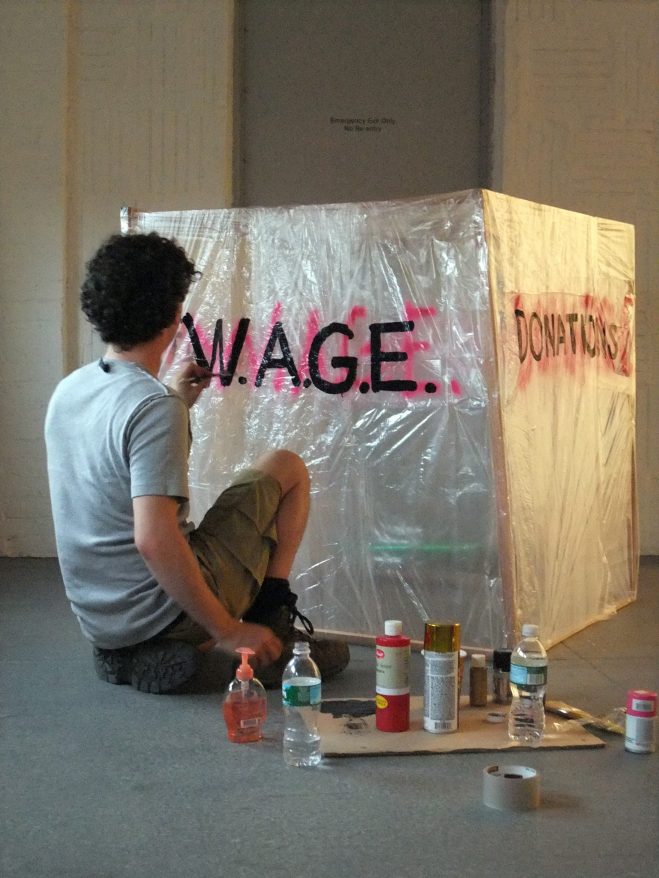
Dean Daderko preparing a complaint, suggestions, and donation box for W.A.G.E.'s booth at “No Soul for Sale: A Festival of Independents”, X Initiative, New York, June 22, 2009. Courtesy W.A.G.E.
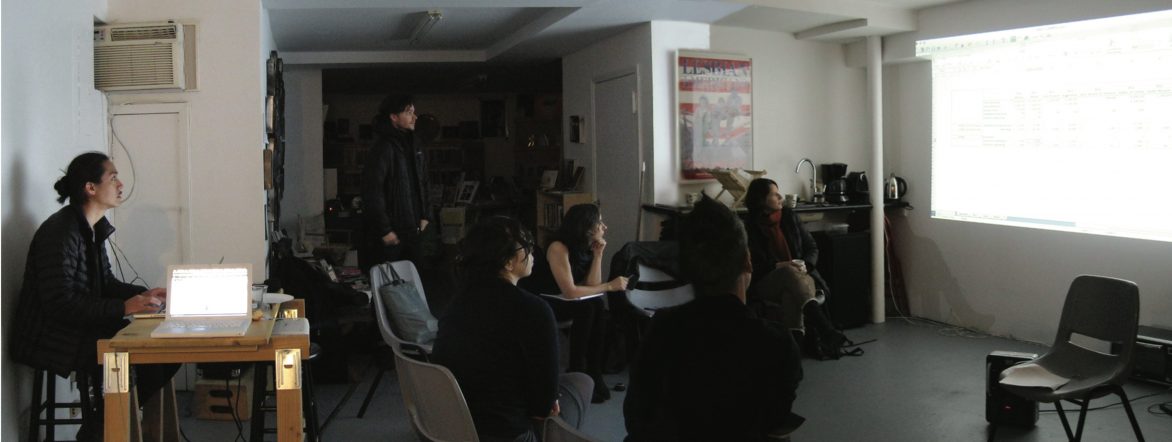
W.A.G.E. Certification Summit. Cage, New York. January 14, 2014. From left to right: Howie Chen, Richard Birkett, Marina Vishmidt, Andrea Fraser, Alison Gerber, Stephanie Luce. Photograph courtesy Lise Soskolne.
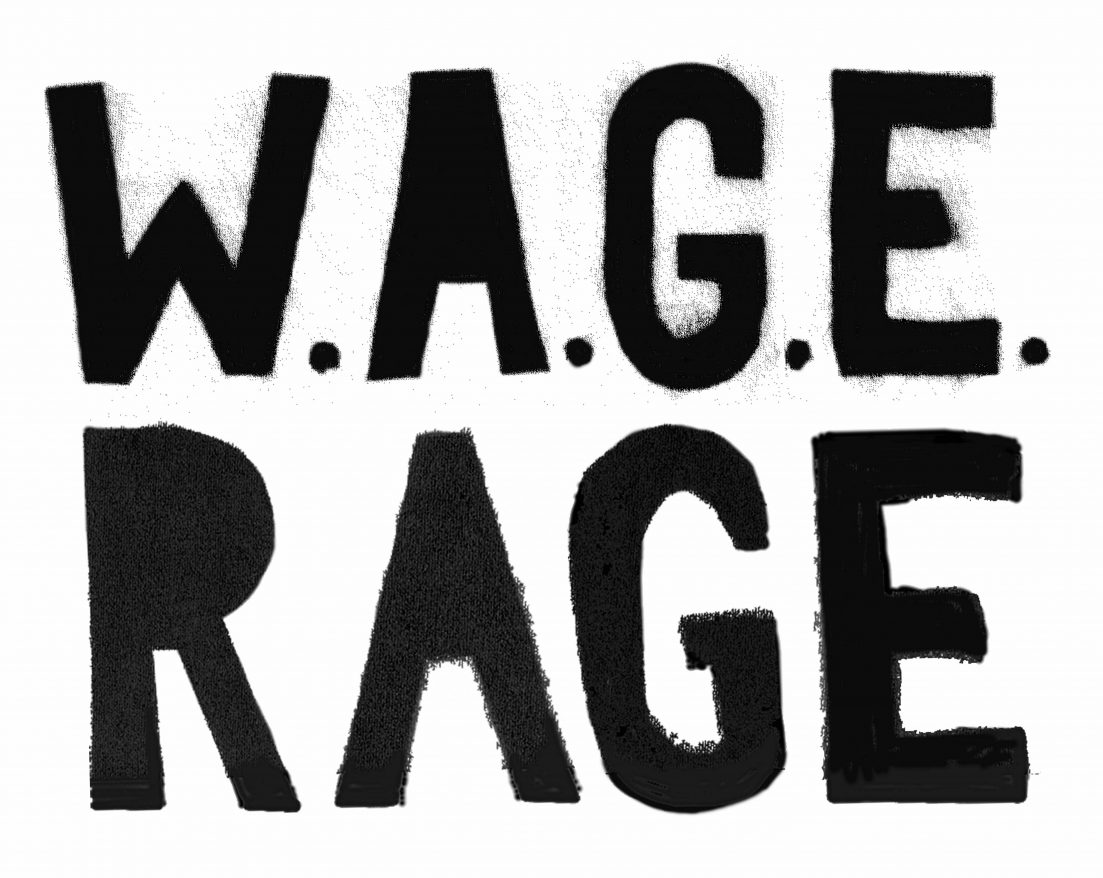
“W.A.G.E. RAGER: 10-year womAnniversary *Not-a-Gala* Party!”. W.A.G.E.’s 10-year anniversary celebration and launch of WAGENCY at Artists Space, NY. September 20, 2018. Courtesy Art and Labor Podcast.
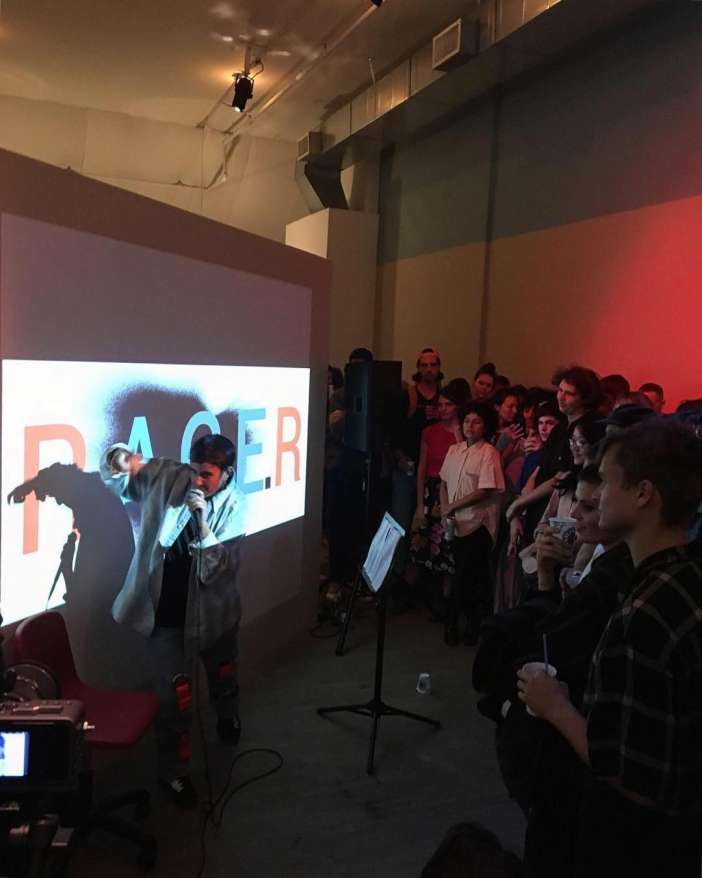
Amelia Bande performing at “W.A.G.E. RAGER: 10-year womAnniversary *Not-a-Gala* Party!”. W.A.G.E.’s 10-year anniversary celebration and launch of WAGENCY at Artists Space, NY. September 20, 2018. Courtesy Artists Space and W.A.G.E.
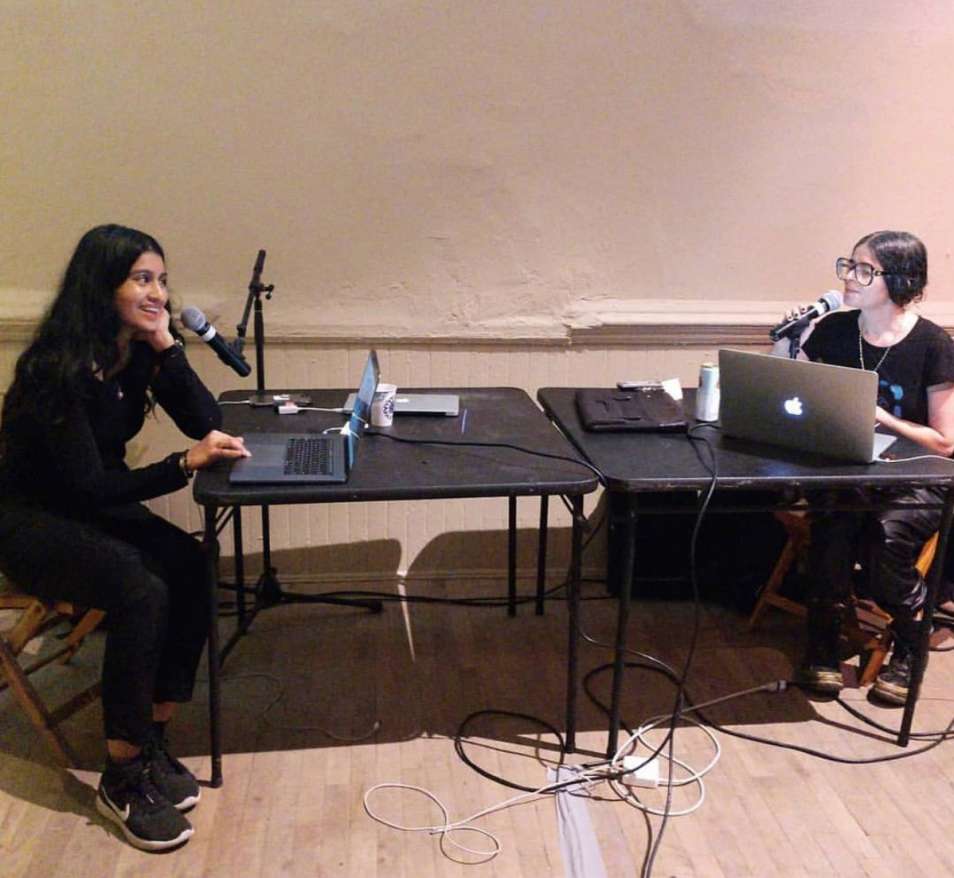
Baseera Kahn and Lia Gangitano at “W.A.G.E. RAGER: 10-year womAnniversary *Not-a-Gala* Party!”. W.A.G.E.’s 10-year anniversary celebration and launch of WAGENCY at Artists Space, NY. September 20, 2018. Courtesy Artists Space and W.A.G.E.
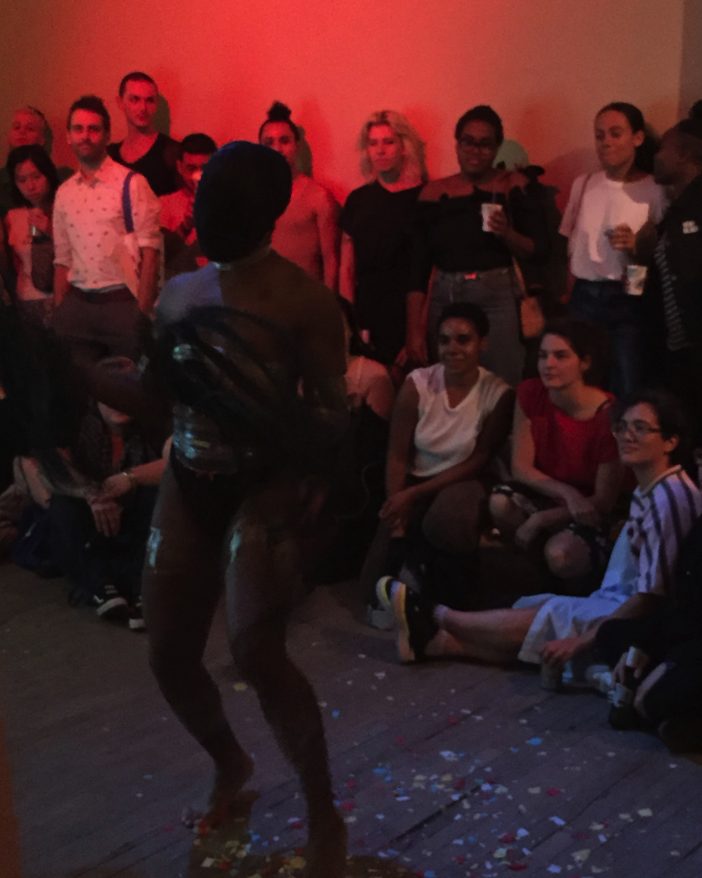
Keioui Keijaun Thomas performing at “W.A.G.E. RAGER: 10-year womAnniversary *Not-a-Gala* Party!”. W.A.G.E.’s 10-year anniversary celebration and launch of WAGENCY at Artists Space, NY. September 20, 2018. Courtesy Artists Space and W.A.G.E.
1969
Andy Warhol launches Interview magazine.